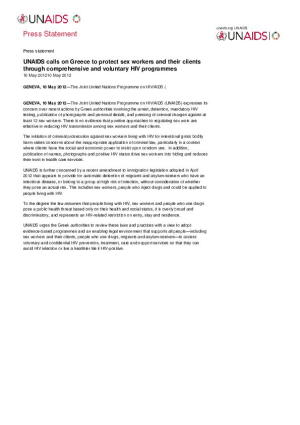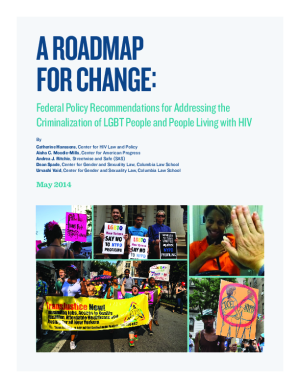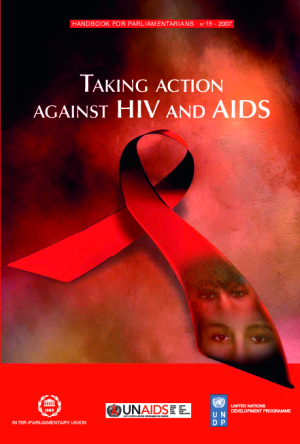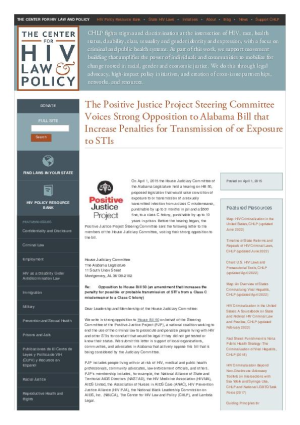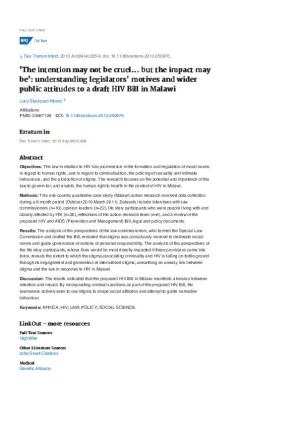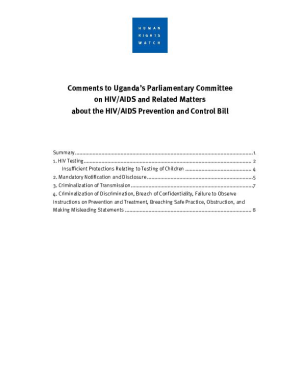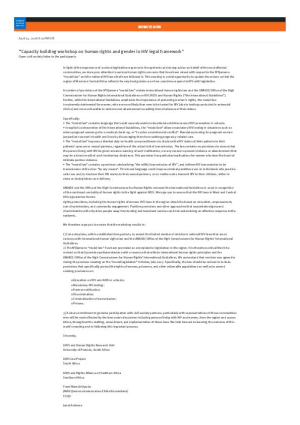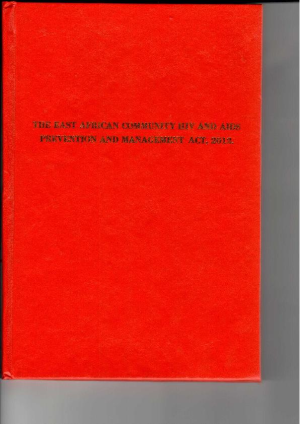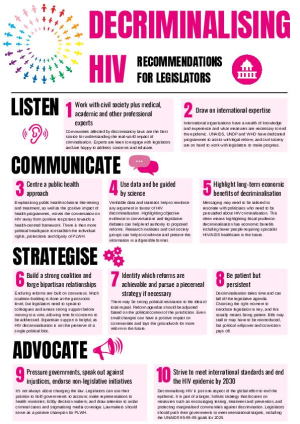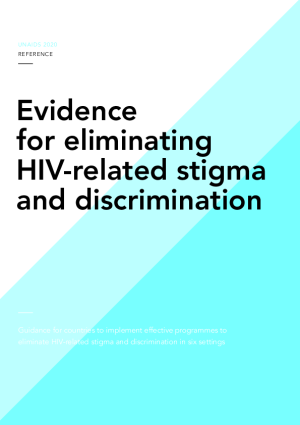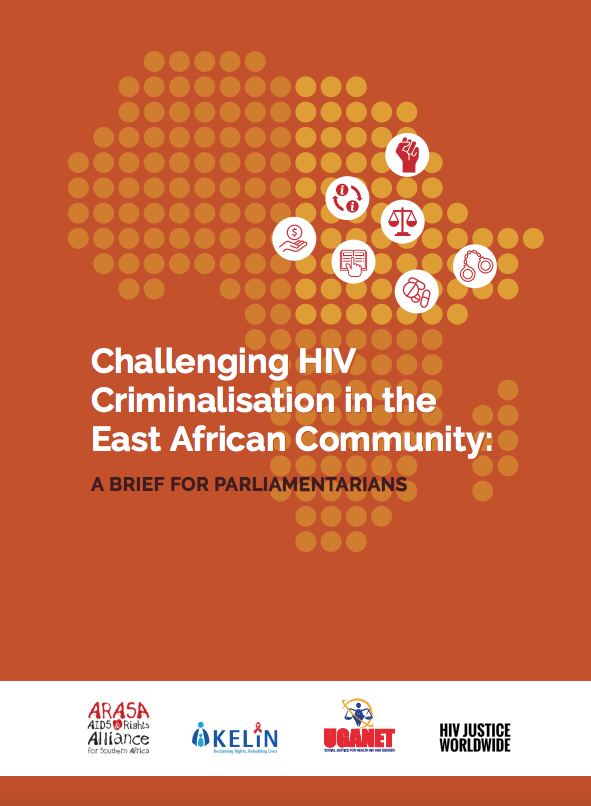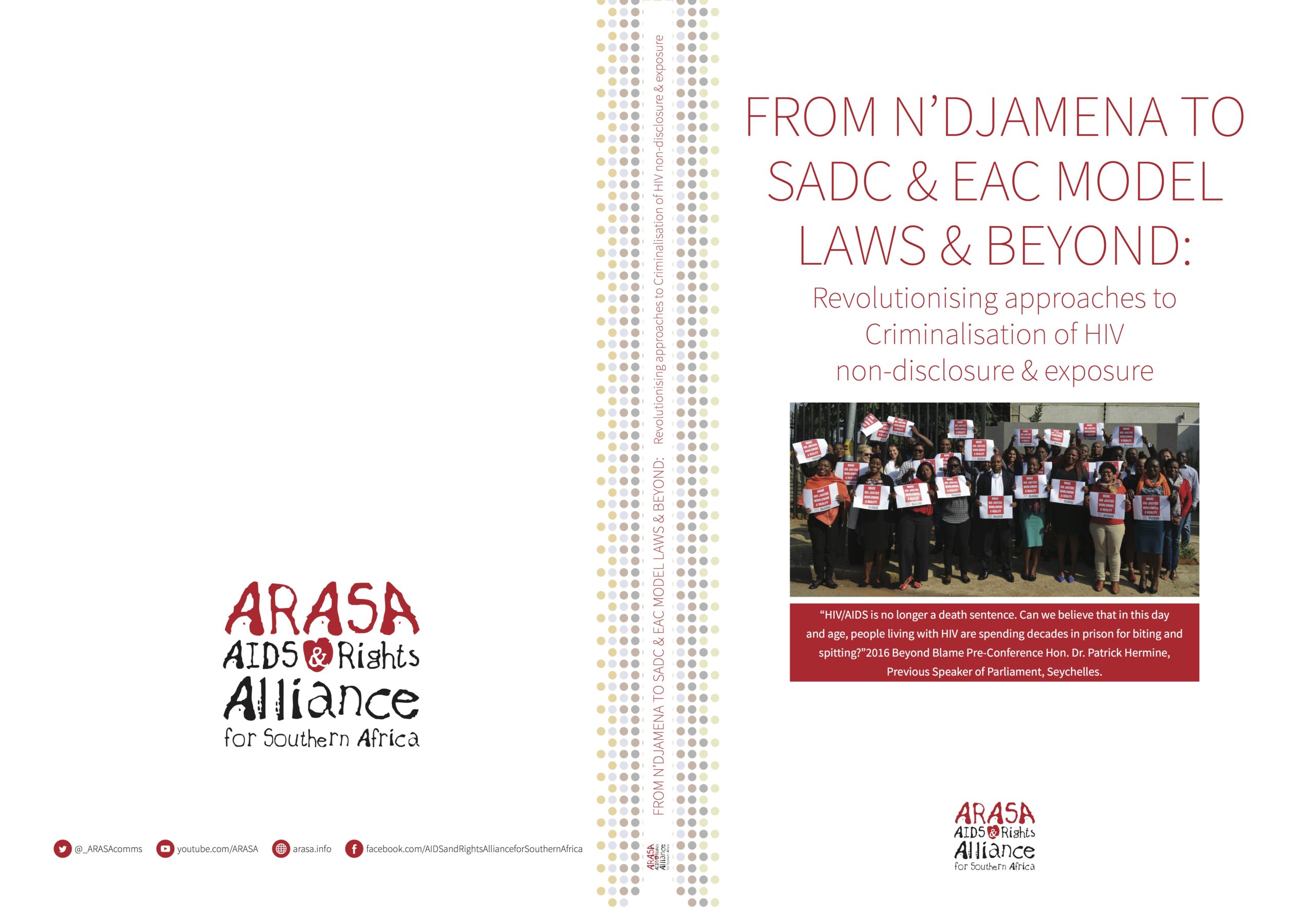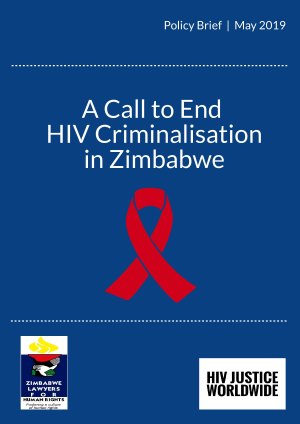Identifies key problems with criminal law approaches to HIV prevention, and outlines principles to guide laws or prosecutions targeting people with HIV or other STIs. Recommends federal review of HIV-specific laws, convictions and related penalties; modernization of laws and practices to reflect current science and knowledge about HIV; and the application of standards of proof and process normally applied to individuals facing criminal charges.
Advocacy and activism
Engaging with legislators and decision makers
UNAIDS calls on Greece to protect sex workers and their clients through comprehensive and voluntary HIV programmes
UNAIDS expresses its concerns about the Greek Government’s treatment of alleged sex workers and also asylum seekers who may have an infectious disease.
- Alternative links
- French / Français, Russian / РУССКИЙ , Spanish / Español,
A Roadmap for Change: Federal Policy Recommendations for Addressing the Criminalization of LGBT People and People Living with HIV
Makes recommendations to government agencies to improve the federal government’s strategy on HIV/AIDS. Also includes testimonials & policy recommendations to address cycles of criminalization of and discrimination against LGBT people. Includes specific section on criminalisation of HIV (pages 48 – 53).
Chapter 13, A controversial issue: HIV transmission/exposure offences, Taking Action Against HIV and AIDS: A Handbook for parliamentarians
Serves as a call to action for parliamentary leadership and a reference guide for legislators and legislative staff. Contains information and guidance on issues specific to the AIDS response. (This resource contains content that is broader than HIV criminalisation.)
The Positive Justice Project Steering Committee Voices Strong Opposition to Alabama Bill that Increases Penalties for Transmission of or Exposure to STIs
Letter to Alabama legislators about proposed laws to increase punishment for people convicted of exposure to or transmission of a sexually transmissible infection.
‘The intention may not be cruel… but the impact may be’: understanding legislators’ motives and wider public attitudes to a draft HIV Bill in Malawi
Participatory Action Research undertaken during consideration of new HIV criminalisation laws in Malawi in 2010/11 indicated the proposed bill manifests a tension between intention and impact. By incorporating criminal sanctions as part of the proposed HIV bill, the lawmakers actively seek to use stigma to shape social attitudes and attempt to guide normative behaviour.
Comments to Uganda’s Parliamentary Committee on HIV/AIDS and Related Matters about the HIV/AIDS Prevention and Control Bill
Argues that a draft HIV bill (2009) including a provision criminalising HIV transmission, contravenes the right to equal protection and non-discrimination under Uganda's constitution and Uganda's obligations under international human rights law. Furthermore, these provisions will prove counterproductive to reducing the burden of the HIV epidemic in the country.
Open civil society letter to the participants of the “Capacity building workshop on human rights and gender in HIV legal frameworks”
Raises serious human rights concerns about the N’Djamena “model law” and the national HIV laws that have followed it. Urges development of guidance on how countries should use legislation to respond to HIV.
The East African Legislative Assembly passes the EAC HIV & AIDS Prevention and Management Bill
April 2012 passing of the HIV & AIDS Prevention bill by the East African Legislative Assembly (Tanzania, Kenya, Uganda, Rwanda and Burundi). The bill offers a constructive alternative to the N’Djamena Model Laws promoting HIV criminalisation. The Bill followed strong actions by civil society including numerous stakeholder meetings of civil society and politicians.
Decriminalising HIV: Strategies and best practice for legislators
This report from the Global Equality Caucus collates expert insight and best practice examples on HIV criminal law reform. In a series of case studies from around the world, where some of the Global Equality Caucus’s members have led reform efforts, the report identifies several key lessons, takeaways and overarching themes for legislators to consider.
Decriminalising HIV – Recommendations for Legislators
Based on the research, studies and consultations that informed the report Decriminalising HIV: Strategies and best practice for legislators, The Global Equalities Caucus has identified several common themes across different regions and contexts and proposes 10 recommendations for legislators working to decriminalise HIV.
Evidence for eliminating HIV-related stigma and discrimination – Guidance for countries to implement effective programmes to eliminate HIV-related stigma and discrimination in six settings
This report reviews the latest evidence on what works to reduce HIV-related stigma and discrimination through key programmes to reduce stigma and discrimination and increase access to justice in the six settings of focus for the Global Partnership, including Justice. It includes guidance and recommendations for national governments and key stakeholders to implement programmes to empower populations “being left behind”; remove laws criminalising drug use or possession for personal use, all aspects of sex work, sexual orientation, gender identity, and HIV exposure, non-disclosure and transmission and to routinely review existing laws, regulations and policies relating to HIV.
- Alternative links
- Portuguese, French, Spanish, Russian
Challenging HIV Criminalisation in the East African Community: A brief for parliamentarians
This brief aims to be an accessible tool for parliamentarians in the East African Community (“EAC”) to understand HIV criminalisation. It aims to equip them with the tools to address misinformation and stigma about HIV with facts, science and human rights, and to develop strategies to rationalise, modernise and improve communities’ legal responses to HIV.
From N’Djamena to SADC & EAC Model Laws and Beyond: Revolutionising approaches to Criminalisation of HIV non-disclosure & exposure
ARASA in collaboration with the HIV Justice Worldwide (HJWW) Consortium, convened a two-day meeting involving policy and law makers, members of the judiciary, lawyers, parliamentarians and representatives from civil society organisations from the East African, SADC regions and global North to revisit alternative approaches towards criminalisation and to accelerate a sustained momentum, strengthen collective action.
A Call to End HIV Criminalisation in Zimbabwe – Policy Brief
The Brief explains the concept of “HIV criminalisation” and the HIV-related criminal law in Zimbabwe. It describes why it is necessary for the law to be reformed, including why the law violates human rights and is outdated in the light of compelling scientific developments.
End unjust HIV criminalisation – Community Statement
The Community Consensus Statement outlines a shared critique of why Canada’s approach to HIV criminalization is wrong and calls for some specific actions that federal, provincial and territorial governments should take to end unjust criminal prosecutions against people living with HIV. It was developed by the CCHRC to be a common set of demands by those organizations who sign on to it.


